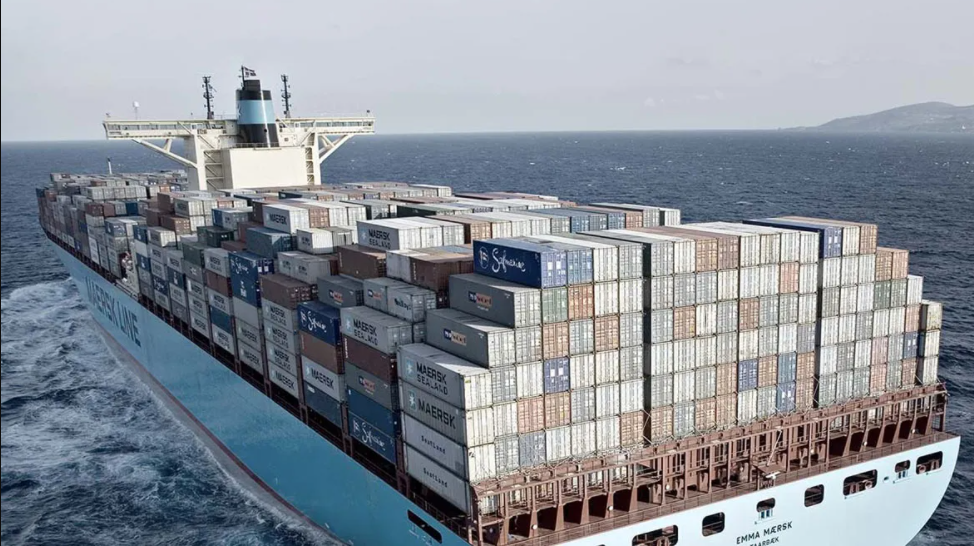A Maersk containership has been equipped with a heat power system provided by Climeon, a Swedish product company within energy technology.
Maersk will begin evaluating the waste heat recovery technology’s potential for increasing energy efficiency and strengthening its mission to achieve a 60% reduction in CO2 emissions by 2030.
The maritime industry’s share of greenhouse gas (GHG) emissions is approximately 3%.
“Business as usual” scenarios are expected to result in the growth of GHG emissions by 20% or more by 2050, according to Mærsk Mc-Kinney Møller Center for Zero Carbon Shipping’s recently published Industry Transition Strategy report.
As the largest container logistics company globally, Maersk sees it as its obligation to be a driving force in the decarbonization of long-distance shipping and logistics. The company has set ambitious decarbonization targets and has chosen to evaluate Climeon’s Heat Power technology as a part of this strategic initiative.
Specifically, the system recovers waste heat in the form of jacket cooling water and surplus steam, from the vessel’s main engine. The recovered heat is utilized to produce electrical power for the vessel’s grid. This carbon-free power source reduces the required electrical output from the vessel generators, which saves fuel and reduces emissions.
“After numerous delays due to COVID-19 restrictions, we are thrilled to begin power production and evaluate the potential onboard Maersk container vessels,” Fredrik Thoren, Head of Maritime, Climeon, said.
The technology automatically and continuously ensures that the power output is optimized for maximum conversion efficiency via the Climeon Live control system. The software provides daily system information and reports, facilitating proactive monitoring of the system, ensuring maximum up time.
Copyright Ships & Ports Ltd. Permission to use quotations from this article is granted subject to appropriate credit given to www.shipsandports.com.ng as the source.
